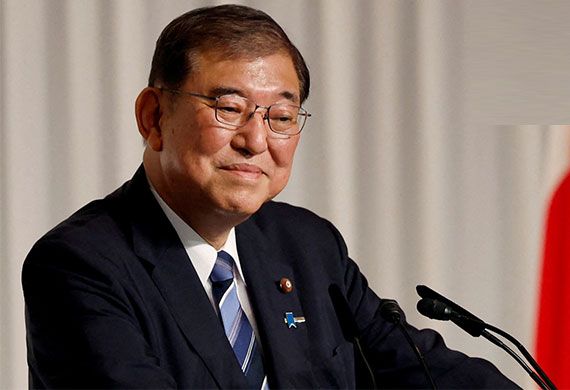Shigeru Ishiba, Prime Minister, Japan
By Global Leaders Insights Team

Prime Minister Ishiba reacted to the U.S. trade war by balancing firm actions with practical thinking, hoping to uphold the alliance with the U.S. as well as safeguard Japan’s economy. Referring to Trump’s 10 percent general tax on all imported goods, 25 percent tax on auto imports and 24 percent reciprocal tariff on Japanese goods, Ishiba has said these could seriously damage Japan’s economy. He has argued that putting up trade barriers is wrong since such prosperity would not last and has strongly disapproved of U.S. automobile tariffs.
According to Ishiba, success depends on communication and common benefit instead of concessions. In April 2025, he told Trump on the phone that he found Trump’s tariff policies to be very disappointing and suggested rethinking them, without offering to hurry negotiations or back down. He has highlighted the fact that zero tariffs would benefit many American jobs, given that Japan invested $783.3 billion in the U.S. in 2023 and supported almost one million workers in manufacturing. Ishiba pointed out that Japanese automakers created many jobs in the U.S. during his trip to the White House in February 2025, prompting Trump to avoid a retaliatory trade war.
As a response to U.S. requests, Ishiba has promised to import more American liquefied natural gas, more corn for ethanol, and make investments in AI and steel, most notably Nippon Steel’s updated investment plan for U.S. Steel. At the same time, he is strongly committed to supporting Japan’s farmers and their main crop, rice, since they are so important to the political scene. Also, Ishiba addresses claims that Japan weakened the yen by denying such actions and insisting on fairness between countries in currency talks. Ishiba used his connections with Trump, following what Shinzo Abe had done, to keep Japanese economic contributions high and in return avoid punitive tariffs. However, he carefully plans to handle Trump’s unpredictability and protect Japan’s national interests.
.jpg)